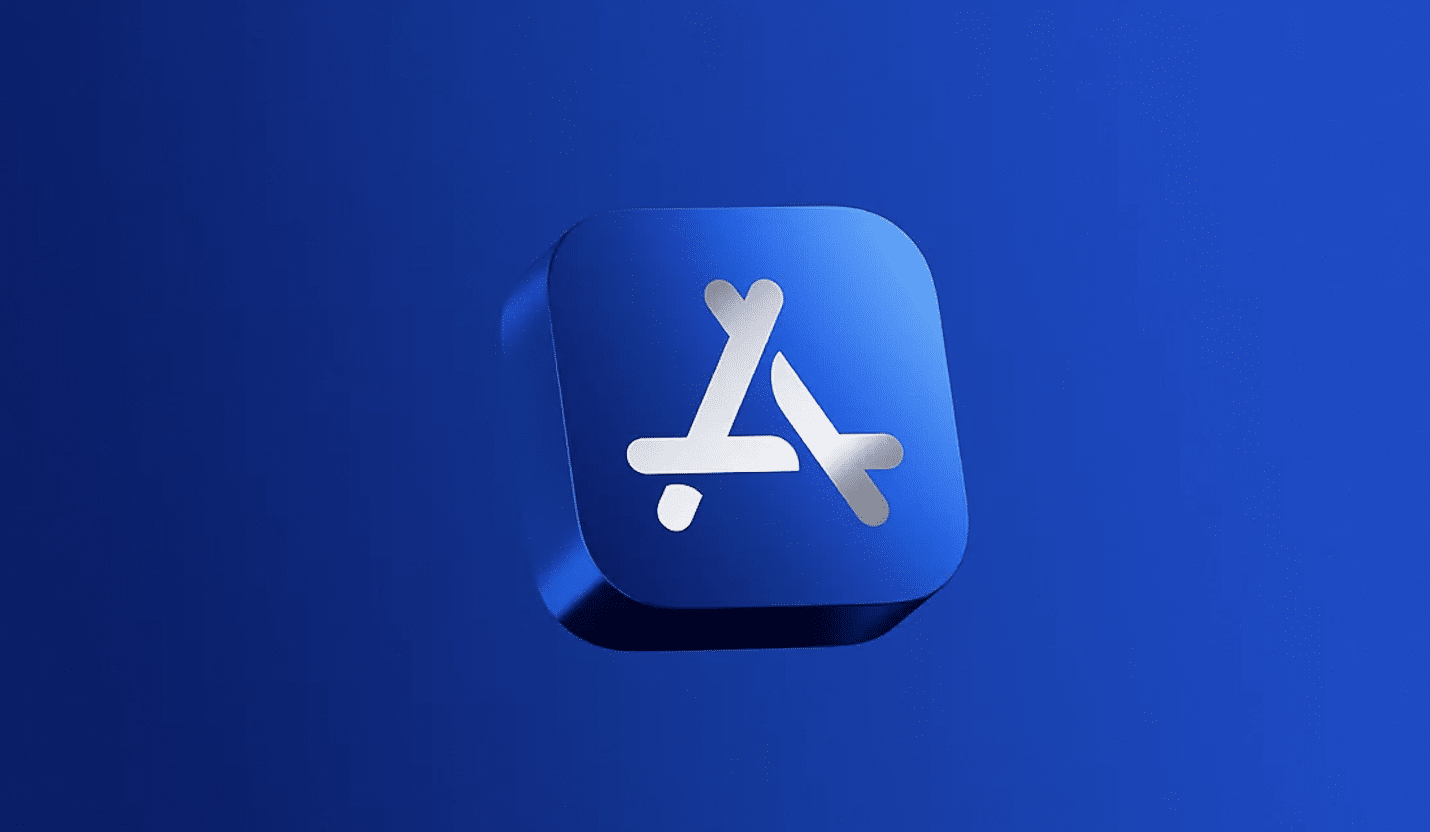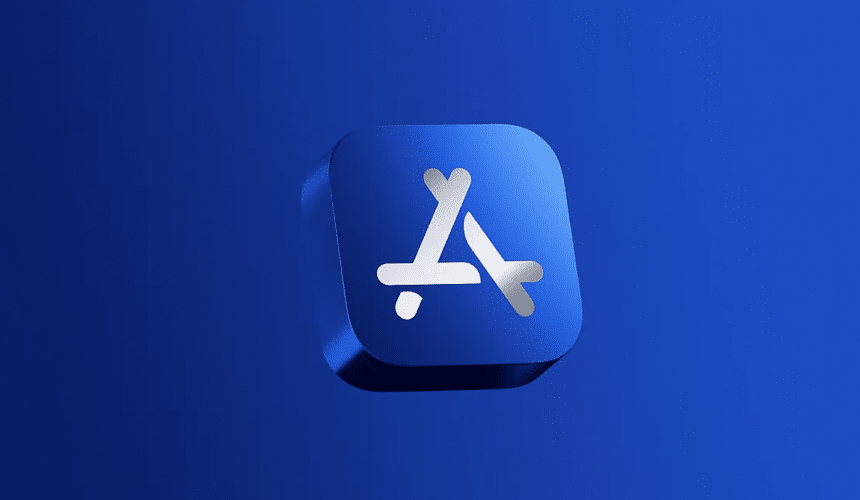Today’s smartphones are something else. Who’d have thought you could video call a friend in Sri Lanka, do your taxes or design a party flier by tapping a thin slab of metal and glass in your palm just a few decades ago? While smartphones are technological marvels, the apps you load them with make them truly shine. Want to make sure you’re downloading apps safely? Then, this quick checklist is what you need!
Stick to Trusted Stores
The easiest way to download potentially harmful apps is to leave the protected ecosystem of your OS’s official store. Google and Apple have created comprehensive checks that ensure it’s unlikely that a malicious app will make it to their storefronts or remain there long, even if it does. While Amazon’s and Samsung’s stores might not be dangerous, avoiding other third-party alternatives and refraining from sideloading apps you got off the internet will significantly improve your phone’s safety.

See What Others Have to Say
Harnessing the power of the crowd is a quick and effective way to vet a potential new app. Before downloading, check the number of downloads and review scores. A low number of downloads and reviews may point toward fake apps. Be sure to read the negative reviews and see if any mention malware, malfunctioning phones, or other bad consequences of downloading the app.
Check Requested Permissions
A mismatch between an app’s function and permission requests is an instant red flag. It makes sense for social media platforms to want access to your camera, but much less for a seemingly innocent quiz app. Carefully review permissions before each installation and avoid apps that ask for too many.
It’s important to have safeguards so apps that slip by you can’t abuse their permissions. For example, you should store all your account passwords inside a password manager for your phone. These handy tools have encrypted vaults so rather than in a browser to keep nosy apps from accessing and exposing them.
Research the App’s Monetization
Apps need to make money. How they do it can be a telltale sign of invasiveness or harmful intent. Free apps aren’t necessarily bad since they may support themselves by displaying ads or featuring shops where you can buy items and upgrades with money. However, if a sophisticated app or always-online game is free and lacks obvious monetization, chances are it’s secretly collecting and sending data about you to its creators.
Keep an Eye on Your Phone’s Behavior
Even when you’re careful, there’s always a chance that an app that’s passed all previous checks can still be harmful. Monitor your phone for signs of infection just to be sure. Uninstall the app if you notice slowdowns, overheating, or quick battery draining that has nothing to do with running the app.












